
Victorian Conversion Practices Ban Imminent
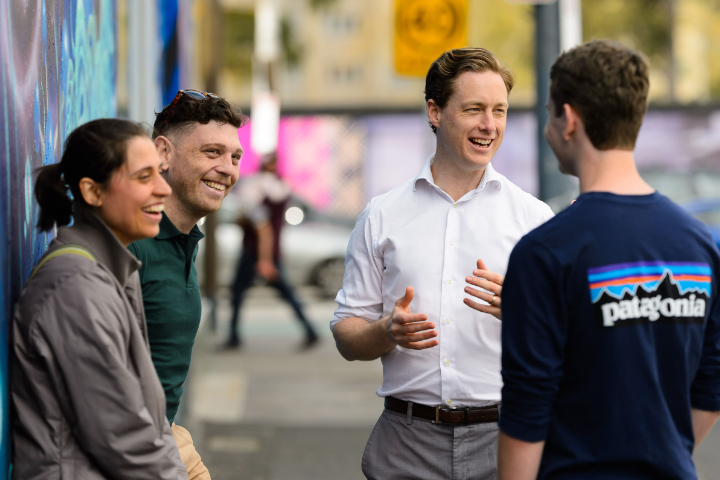
In recent months we’ve seen Queensland and the ACT ban conversion practices. Now it would appear that Victoria is set to join them imminently.
On May 17, 2018 the Victorian Government first announced its inquiry into conversion practices carried out in Victoria. Since then, the government has continued to consult with a number of survivors, advocacy groups and religious organisations on the best and most appropriate steps forward. Many in Victoria are now hopeful, that an announcement may come by the end of the year. An announcement that would finally bring about the change so many have been calling for, for far too long as Sam Hibbins, Greens Victorian state member for Prahran explains.
“Sexuality and gender identity conversion practices are based on a dangerous ideology that LGBTQ+ people are ‘broken’ or ‘disordered’, and it’s high time they were outlawed.
“The Greens have long joined calls for the state government to exercise its power to outlaw such practices, and we owe it to survivors and those still being targeted today to have the most effective possible laws to do this.
“That’s why survivors of conversion practices should be front and centre of any discussions around banning conversion practices, and their voices must be heard.
“Any legislation banning conversion practices must actively refute conversion ideology and the falsehoods behind it and support survivors wherever possible, through counselling or redress.”
One such person that knows all too well the damaging effects of conversion practices is Percy Gurtler, committee member for the Brave Network. While studying at university, Gurtler decided to join an Evangelic social group. But before too long, it became clear that it wasn’t acceptable to be queer in the Evangelic community. Time again, Gurtler was told that queer people were sinful and broken.
“It was through that process of being exposed to conversion ideology, that I realised it wasn’t safe for me to come out,” Gurtler told Star Observer. “I knew that if I came out to one of the leaders, that there would be attempts to steer me in a different direction than accepting my sexuality and gender identity.
“Through Brave Network, I have been supporting survivors of conversion practices for a number of years. We are a support and advocacy group for survivors of conversion practices and more broadly a support group for queer Christians. We do a number of things, we primarily support survivors and do a lot of advocacy around that. But we also outreach into the broader Christian community and try to really advocate against conversion practices and ensuring there are safe peer networks for survivors to turn to for recovery.
“Over this time, I have come to have a really deep understanding about conversion practices and how the manifest.
“What we’re trying to do at Brave Network, is not about attacking religious freedom. We want people to be able to express their religion in the way that they see fit. This is more about the fraudulent and pseudoscientific claims that drive conversion practises and that causes great psychological harm to queer people. That’s what we want to prevent.
“We have seen the government really come forward and consult with the community to see the best way they can support us through this process, it may have taken a long time, but we are hopeful that we are being supported.”
Another survivor of conversion practices is Baptist Pastor Teash Taylor, who grew up very heavily involved in the Baptist church but “didn’t know of any LGBTQ people in the church,” she told Star Observer.
“I am sure they were there, but I didn’t know of them. Often things were not spoken about, I knew they [LGBTQ people] were wrong, you knew that being gay was a sin. I just thought I couldn’t be gay because I was a good Christian girl. I had no clue at all until my late teens. I didn’t go through any formalised conversion practices, but I certainly met people who have ‘changed’.”
Taylor recalled in particular a Christian gap year program where the staff were individuals that had allegedly ‘changed’ their sexuality and were now married to the opposite sex.
“I remember we had a guest speaker who was once lesbian but now wasn’t.
“People always think that its formalised conversion practices that are doing the only harm in churches. But in my experience as a queer person who spends a lot of time in the Christian world, informal practices can be just as damaging and dangerous.
“People are always after the dramatic stories of someone going to counselling or having demons cast out, and that certainly is still happening. Though not as click batey, but just as important is that there are so many young and people of all ages in churches around our country who are soaking in harmful messages about them being broken or damaged. But actually what is damaging them is not their sexuality, it’s those message.”
It’s because of these types of messages, that survivors do not use the term conversion therapy. This is because the term “misrepresents the most common, informal conversion practice of structured conversations with religious leaders.”
So how then should Victoria move towards banning conversion practices? For Taylor, one of the key things that she believes needs to be redressed is the messaging and language used in conversation surrounding conversion practices.
“One of the key things is that the act acknowledges LGBTQ people are not broken or disordered. Naming that is really important.”
Taylor added that Victoria needs to ban both formal and informal practices and that we need to also protect “children or those who have impaired agency. That can be a really important one and actually, just targeting and naming the misleading and completely false scientific claims which are really at the core of the practices. Often people just make it about religion, but lot of what it is made up of is fake psychology.
“Counselling and redress are also really important for survivors, I know a lot of people can’t afford the help they need, it can be quite a significant trauma to overcome. This would be life saving for some people.”
To these points, Gurtler concluded, “I would really like to see the legislation address both formal and informal practices from both unpaid and paid services. We know there is a very broad range of ways that conversion practices manifest, we really want to see that nuance addressed in the legislation.
“We also really want to see both adults and children protected from conversion practices and an acknowledgment that adults cannot usually consent because it’s such a psychological affecting process that people are not usually aware of what goes on.
“We also need to focus on the false and misleading claims about queer people are not broken or disordered. Because we are perfectly whole as we are.”

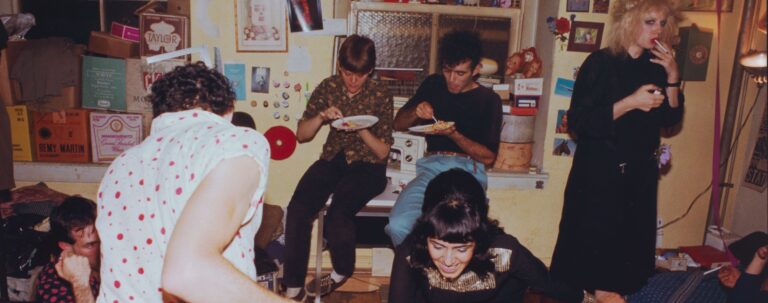
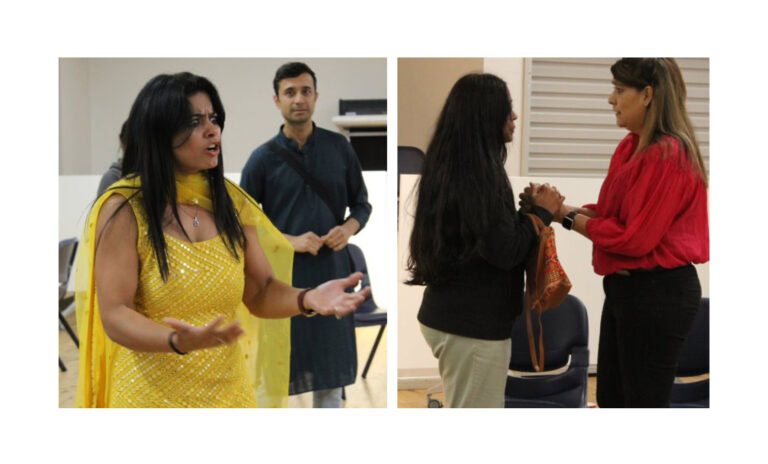
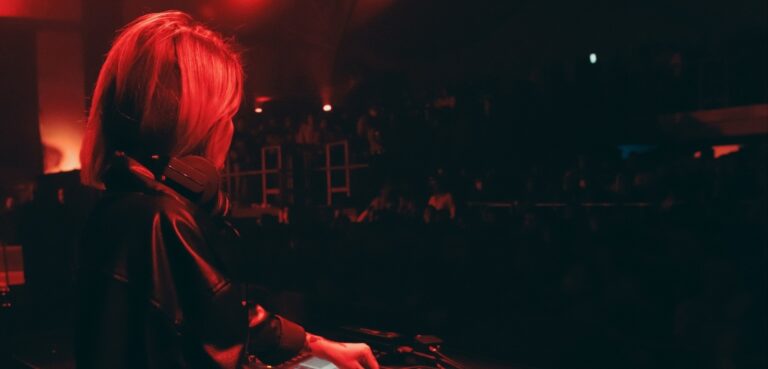
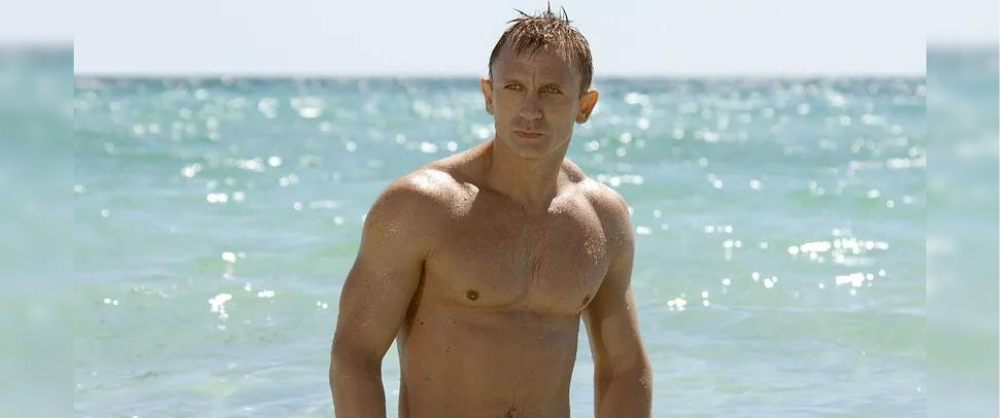

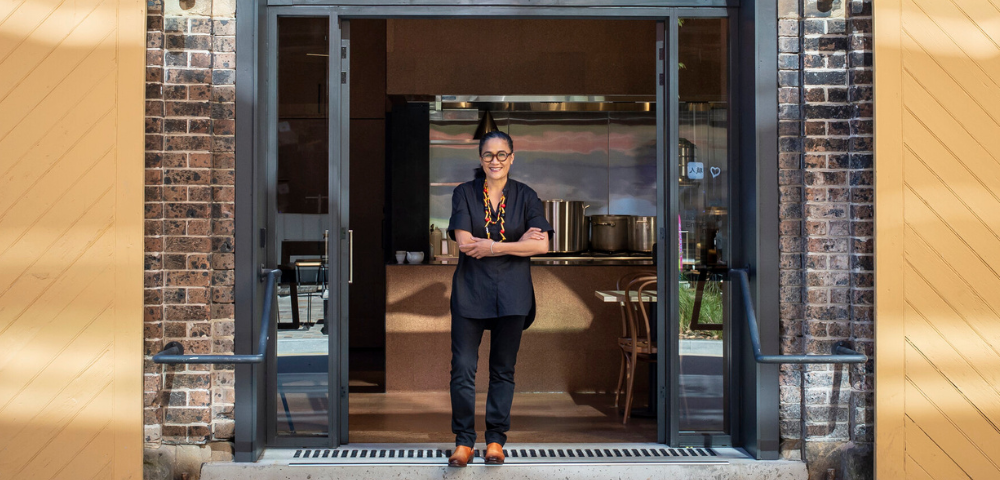
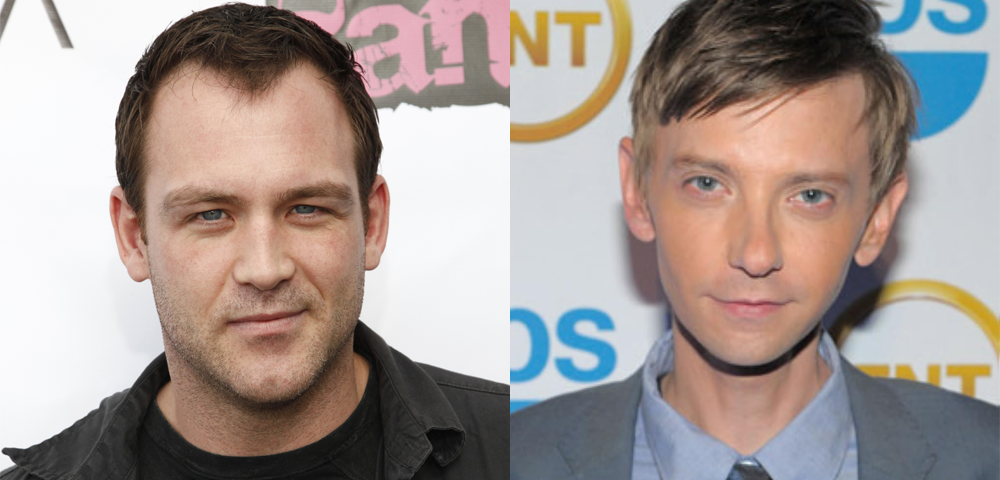


While the Victorian government and the queer community are to be congratulated for the move to ban gay conversion therapy, surely there is also a need to be inclusive. While addressing the religious abuse of LGBT people, the voices of ex-Christians, ex-Muslims, ex-Jews, and queer ‘nones’ should also be heard. The voices of queer Christians should not dominate this conversation.
As a survivor of gay conversion therapy, my personal journey led to atheism and humanism. Where are such perspectives being acknowledged or validated?
Why does Star Observer privilege queer religious people and exclude the 57% of our community who have no religion?
Geoff Allshorn
Rainbow Atheists
While the Victorian government and the queer community are to be congratulated for the move to ban gay conversion therapy, surely there is also a need to be inclusive. While addressing the religious abuse of LGBT people, the voices of ex-Christians, ex-Muslims, ex-Jews, and queer ‘nones’ should also be heard. The voices of queer Christians should not dominate this conversation.
As a survivor of gay conversion therapy, my personal journey led to atheism and humanism. Where are such perspectives being acknowledged or validated?
Geoff Allshorn
Rainbow Atheists
While the Victorian government and the queer community are to be congratulated for the move to ban gay conversion therapy, surely there is also a need to be inclusive. While addressing the religious abuse of LGBT people, the voices of ex-Christians, ex-Muslims, ex-Jews, and queer ‘nones’ should also be heard. The voices of queer Christians should not dominate this conversation.
As a survivor of gay conversion therapy, my personal journey led to atheism and humanism. Where are such perspectives being acknowledged or validated?
Geoff Allshorn
Rainbow Atheists